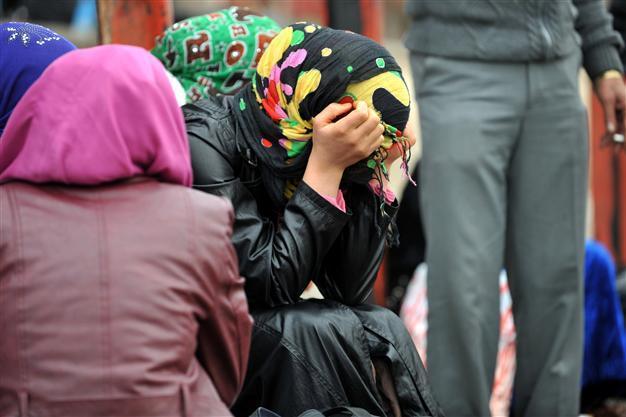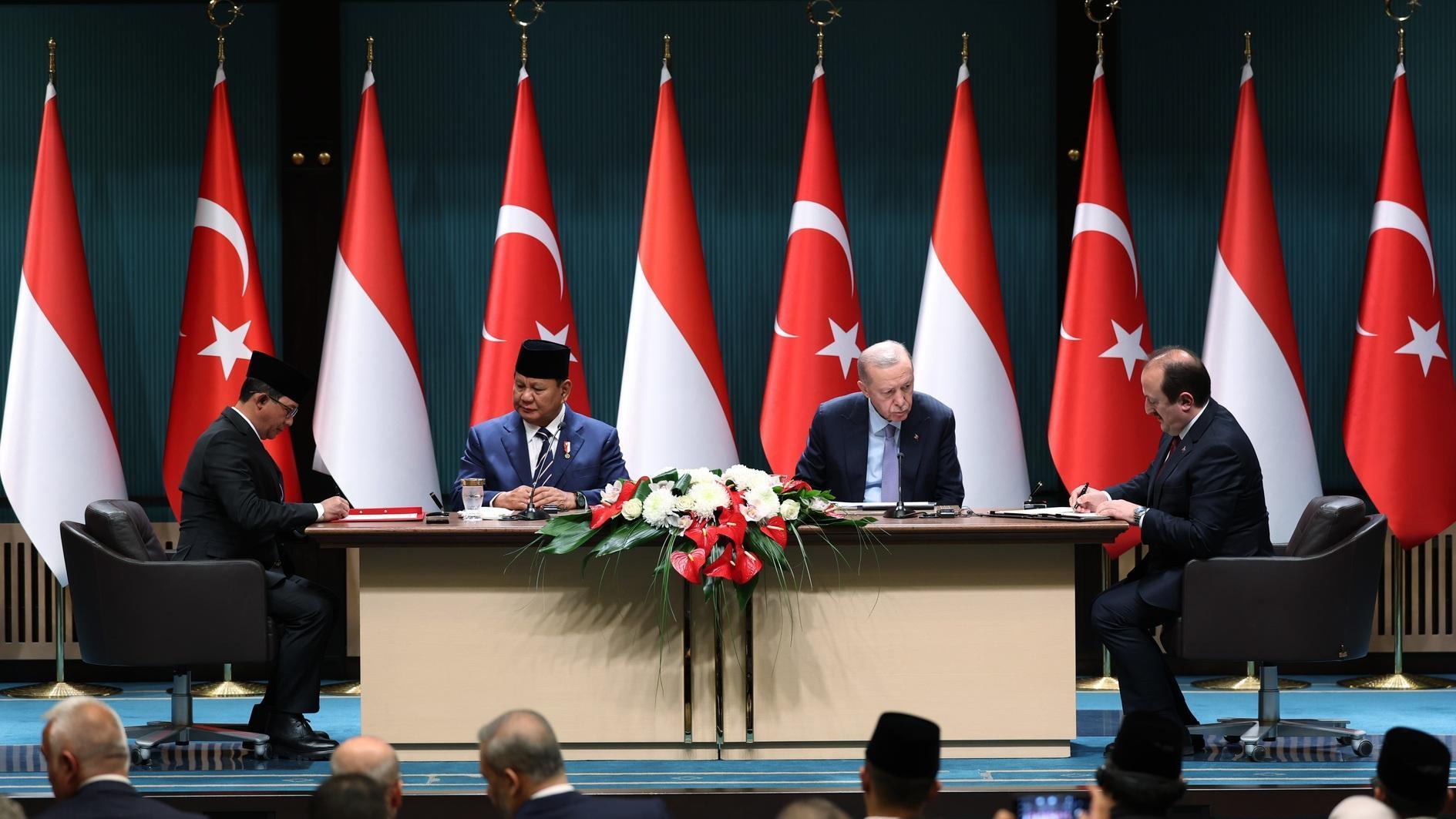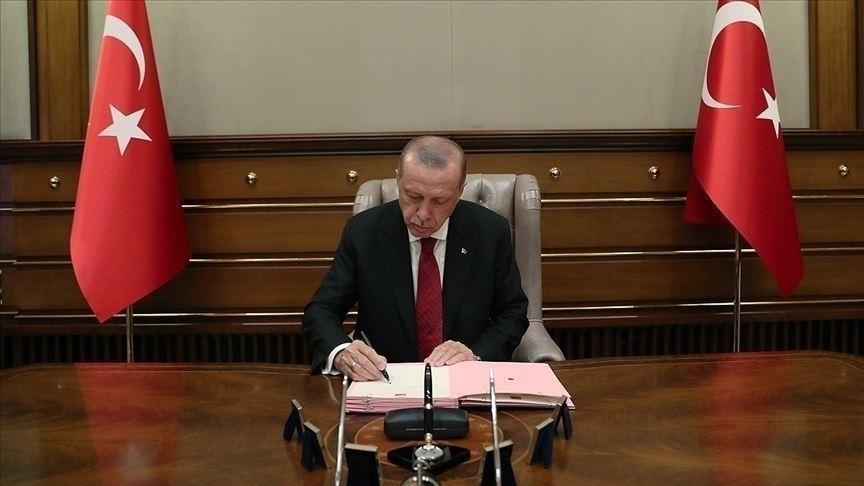Iraq security forces abuse women prisoners: HRW
BAGHDAD - Agence France Presse

AFP Photo
Thousands of women are being illegally held in Iraqi prisons, where they suffer torture and other forms of abuse, including sexual assault, Human Rights Watch said Thursday.The allegations, detailed in a report based on the testimony of female detainees, their relatives and lawyers, prison medics, court documents and meetings with officials, lend credence to one of the central claims made by disaffected Sunni Arabs frustrated with the Shiite-led government.
The minority community says it is unfairly targeted by the authorities and security forces, and points in particular to the treatment of women in prisons, with the issue dominating long-running protests in Iraq's Sunni-dominated areas.
HRW said that women in Iraqi prisons -- the vast majority of whom are Sunni -- have reported being beaten, kicked, and slapped, given electric shocks, and raped, while others have been threatened with sexual assault, sometimes in front of male relatives.
"Iraqi security forces and officials act as if brutally abusing women will make the country safer," HRW deputy Middle East and North Africa director Joe Stork said in a statement. "In fact, these women and their relatives have told us that as long as security forces abuse people with impunity, we can only expect security conditions to worsen." One of the 27 women interviewed by the New York-based watchdog had to walk on crutches because she said she had suffered nine days of beatings, electrical shocks and other forms of abuse that left her disabled.
The woman was later executed despite a medical report supporting her allegations of torture, HRW said.
The women were often arrested either in order to question their male relatives' alleged support for militants, rather than crimes they themselves were believed to have committed, or to harass male family members or the community more generally.
HRW also said Iraq's oft-criticised judiciary does not do enough to investigate claims of torture or
abuse, noting that in each of the cases it documented in which women complained to judges, no inquiry was opened.
In recent months, Iraqi forces have faced a rising chorus of criticism that, with violence at its highest level since 2008 and more than 1,000 people killed last month, their heavy-handed tactics and alleged abuses are doing little to stem near-daily attacks, and could even be fuelling unrest.
Human rights groups, analysts, diplomats and lawmakers have become increasingly vocal over alleged abuses, including mass arrests, prolonged periods of detention without trial, the closure of some neighbourhoods and detainee abuse.
Analysts say that while most Sunnis do not actively support militant groups such as the Islamic State of Iraq and the Levant (ISIL), a powerful jihadist group, their anger means they are less likely to cooperate with authorities in providing intelligence or handing in suspected insurgents.
"These abuses have caused a deep-seated anger and lack of trust between Iraq's diverse communities and security forces, and all Iraqis are paying the price," Stork said.
















